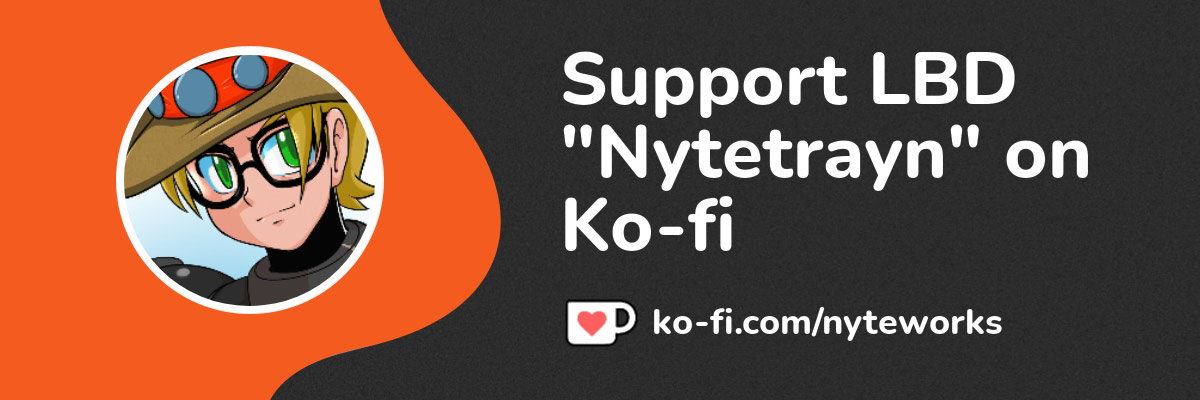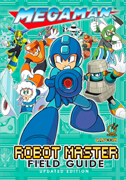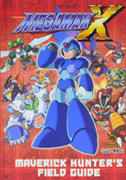
Mega Man 11 on Game Informer: The Remaining 15 Days
Now that December is over and 2018 is on track, we’re taking another look back at Game Informer‘s month of Mega Man coverage. In case you missed it, links and highlights from the first 11 days can be found here.
For Mega Man 11, a new and more modern visual style is being used than what we’ve seen from the series in the past, with particular regards to the most recent releases of Mega Man 9 and Mega Man 10 at the end of the last decade. To that end, the team at Capcom felt that using the same style of sound effects wouldn’t work as appropriately in the new world they are creating, and sought to create effects with a more realistic sound to them.
To this end, Audio Director Ryo Yoshii shares his creative process, which actually includes use of raw audio through a foley combined with synthesized sound effects to produce the desired results. By viewing the videos here (sorry, no YouTube embeds for these), you can see how they’re creating sound effects ranging from using an actual construction helmet to replicate a Metool’s movements to the clanking armor of an as-yet unrevealed enemy and more.
Next up, Game Informer‘s Ben Reeves joins Director Koji Oda, Producer Kazuhiro Tsuchiya, and Art Director Yuji Ishihara to go through the creation process for designing a Robot Master — with repeated reassurances that Reeves’ creation will not go on to be a part of the actual game.
Following that fun little aside, they take a closer look at the career of the man who is the driving force behind Mega Man 11, Koji Oda. After joining Capcom in 1991, Oda has worked on a number of titles, including Super Ghouls ‘n’ Ghosts, The Magical Quest Starring Mickey Mouse, Mighty Final Fight, Resident Evil, and the 2014 reboot of Strider (among many others) before stepping up to bring back the Blue Bomber.
“I still feel like Mega Man is one of the most important pillars of the company,” Oda says. “At the end of the day, we asked ourselves, ‘What does Capcom need to do for its fans? Should we act like Mega Man is a thing of the past? Should we toss him aside?’ I felt like that would be a foolish gesture. Mega Man is such a treasure to the company that it would be a waste to let him go because someone left.”
In another piece, Oda is joined by Tsuchiya, Ishihara, and Yoshii to talk about which Mega Man games are their favorites. Most pick titles from the Classic series, but one of them goes a bit outside the box for their choice.


Next up, the folks at Capcom get a break as Reeves takes us back to where it all began as he examines the development of the original Mega Man for the Nintendo Entertainment System.
Finally, Game Informer closes things out by spending a little time with Mega Man 11 Producer Kazuhiro Tsuchiya to talk about one of his earlier contributions to the series: The polarizing Mega Man 7 for the Super NES, on which he served as a programmer, and how it came together in only three months.
And that does it for Game Informer‘s month of Mega Man coverage, though I’m sure there will be more to come in the near future as we venture into 2018, where releases of Mega Man Legacy Collection and Mega Man Legacy Collection 2 on Nintendo Switch, re-releases of the entire numbered Mega Man X series on all major consoles, and of course, Mega Man 11 all await us.
David Oxford, or “LBD ‘Nytetrayn’,” as he is sometimes also known, is a freelance writer of many varied interests who resides in Toronto, Ontario, Canada. If you’re interested in hiring him, please drop him a line at david.oxford (at) nyteworks.net.
For a full list of places to find him online, click here.
Prev/Next in Category(s)
Prev/Next by Date





Comments